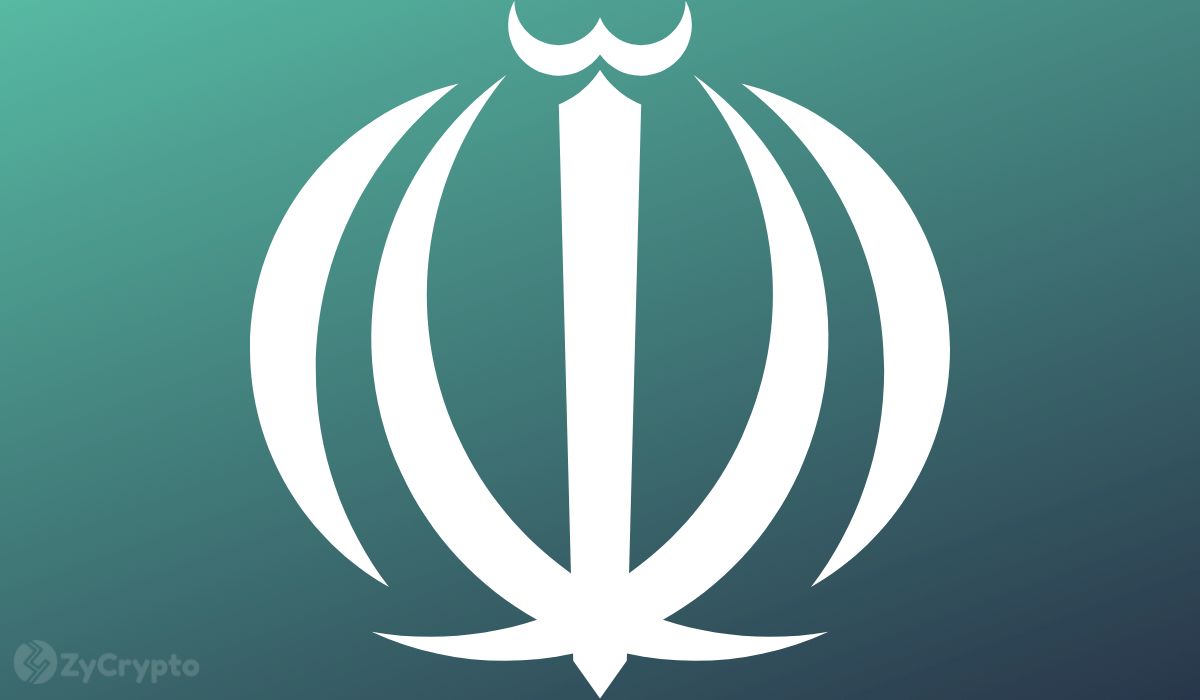Iran is turning to cryptocurrencies as the nation’s international trades experience major setbacks due to U.S. sanctions. The Middle Eastern country recently approved using cryptocurrencies as a payment means for business imports. The approval is a part of a broader set of crypto regulatory framework the country has enacted.
Iran has established a broader crypto regulatory framework
Prague-based media firm Radio Free Europe/Radio Liberty reported the development Monday. Per the report, the Iranian authorities officially approved the establishment of a set of crypto regulatory measures. The use of digital assets for imports is part of the measures. These measures will serve as a foundation for further regulatory moves on cryptocurrency activities in the country.
Seyed Reza Fatemi Amin, Iran’s Minister of Industry, Mines and Trade, highlighted the move’s significance. He noted that the regulatory framework addresses all contemporary issues that pertain to cryptocurrencies. Such issues as “how to provide fuel and energy for mining them, and how to grant license.” Hopefully, these regulations will also address the country’s antagonism towards crypto mining.
This effort demonstrates the Iranian government’s increasing interest in digital assets. Expectedly, the country, more than most, sees dependence on cryptocurrencies as a necessity. With this move, the government will be looking to regulate the cryptocurrency industry within the country further to push adoption.
Iran’s Deputy Minister of Trade said the use of crypto in foreign trade would be widespread in the country
This approval comes three weeks after the country placed its first import order funded with cryptocurrency. On August 8, Alireza Peymanpak—Deputy Minister of Iran’s Ministry of Industry, Mines and Trade—took to Twitter to announce that the country had concluded a foreign transaction trade paid for with crypto.
 
 
Payment for the import was worth $10 million. Paymanpak further mentioned that the country was planning to execute more crypto-funded international transactions in the future. “. . . by the end of September, the use of cryptocurrencies and smart contracts will be widespread in foreign trade with target countries,” he said.
Iran’s cryptocurrency adoption rate has been slow yet progressive. In August of last year, the then recently-established Iran Blockchain and Cryptocurrency Association (IBCA) began operations in the country. The association has the duty of proposing solutions to Iran’s blockchain challenges.
Read More: zycrypto.com









 Bitcoin
Bitcoin  Ethereum
Ethereum  Tether
Tether  Solana
Solana  XRP
XRP  Dogecoin
Dogecoin  USDC
USDC  Cardano
Cardano  Lido Staked Ether
Lido Staked Ether  Avalanche
Avalanche  TRON
TRON  Toncoin
Toncoin  Stellar
Stellar  Wrapped stETH
Wrapped stETH  Shiba Inu
Shiba Inu  Wrapped Bitcoin
Wrapped Bitcoin  Polkadot
Polkadot  Chainlink
Chainlink  Bitcoin Cash
Bitcoin Cash  WETH
WETH  Sui
Sui  Pepe
Pepe  NEAR Protocol
NEAR Protocol  LEO Token
LEO Token  Uniswap
Uniswap  Litecoin
Litecoin  Aptos
Aptos  Wrapped eETH
Wrapped eETH  Hedera
Hedera  Internet Computer
Internet Computer  USDS
USDS  Cronos
Cronos  Ethereum Classic
Ethereum Classic  Render
Render  Bittensor
Bittensor  POL (ex-MATIC)
POL (ex-MATIC)  Ethena USDe
Ethena USDe  Artificial Superintelligence Alliance
Artificial Superintelligence Alliance  Arbitrum
Arbitrum  Filecoin
Filecoin  Bonk
Bonk  Celestia
Celestia  Dai
Dai  Stacks
Stacks  WhiteBIT Coin
WhiteBIT Coin  Algorand
Algorand  Cosmos Hub
Cosmos Hub